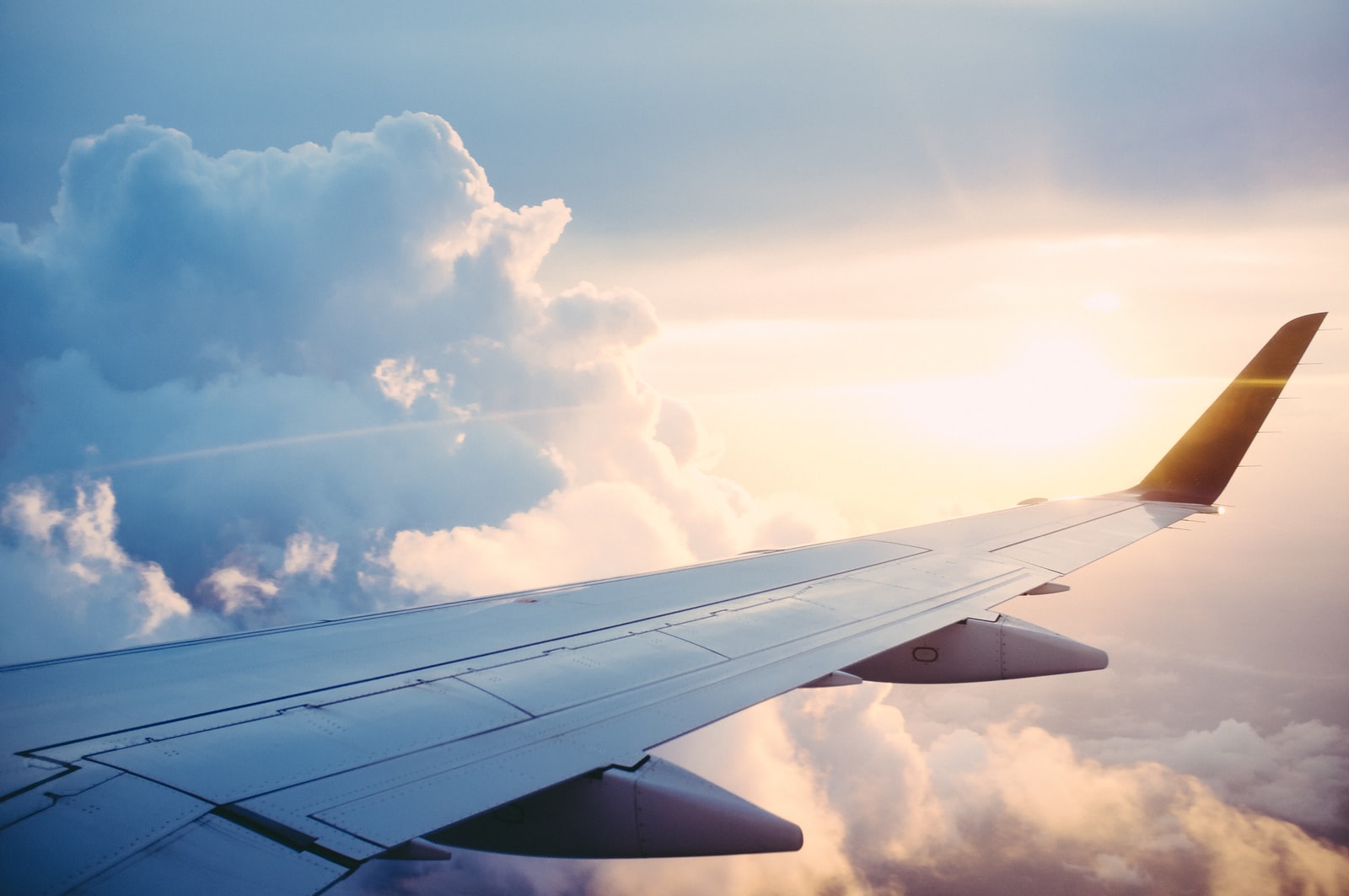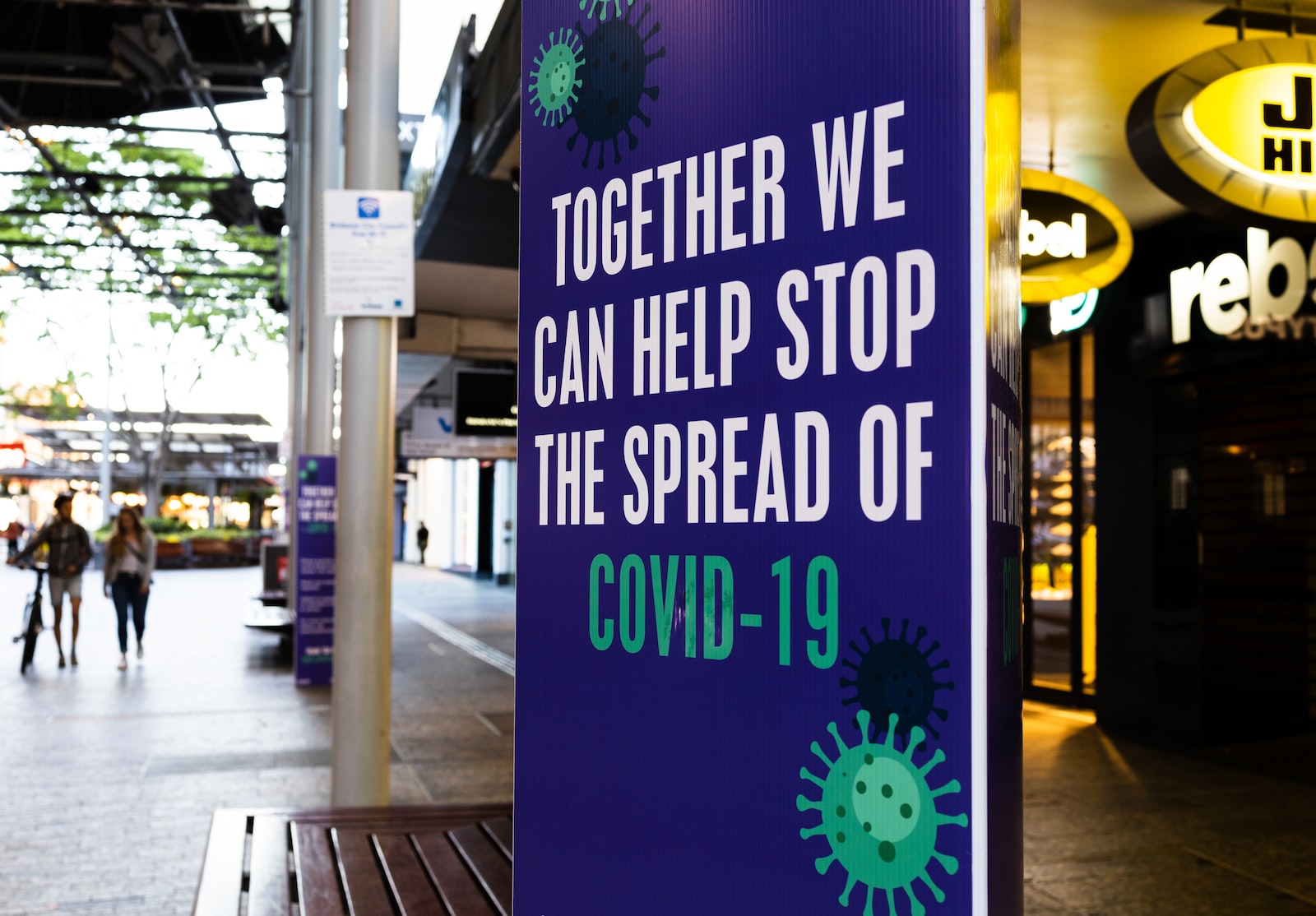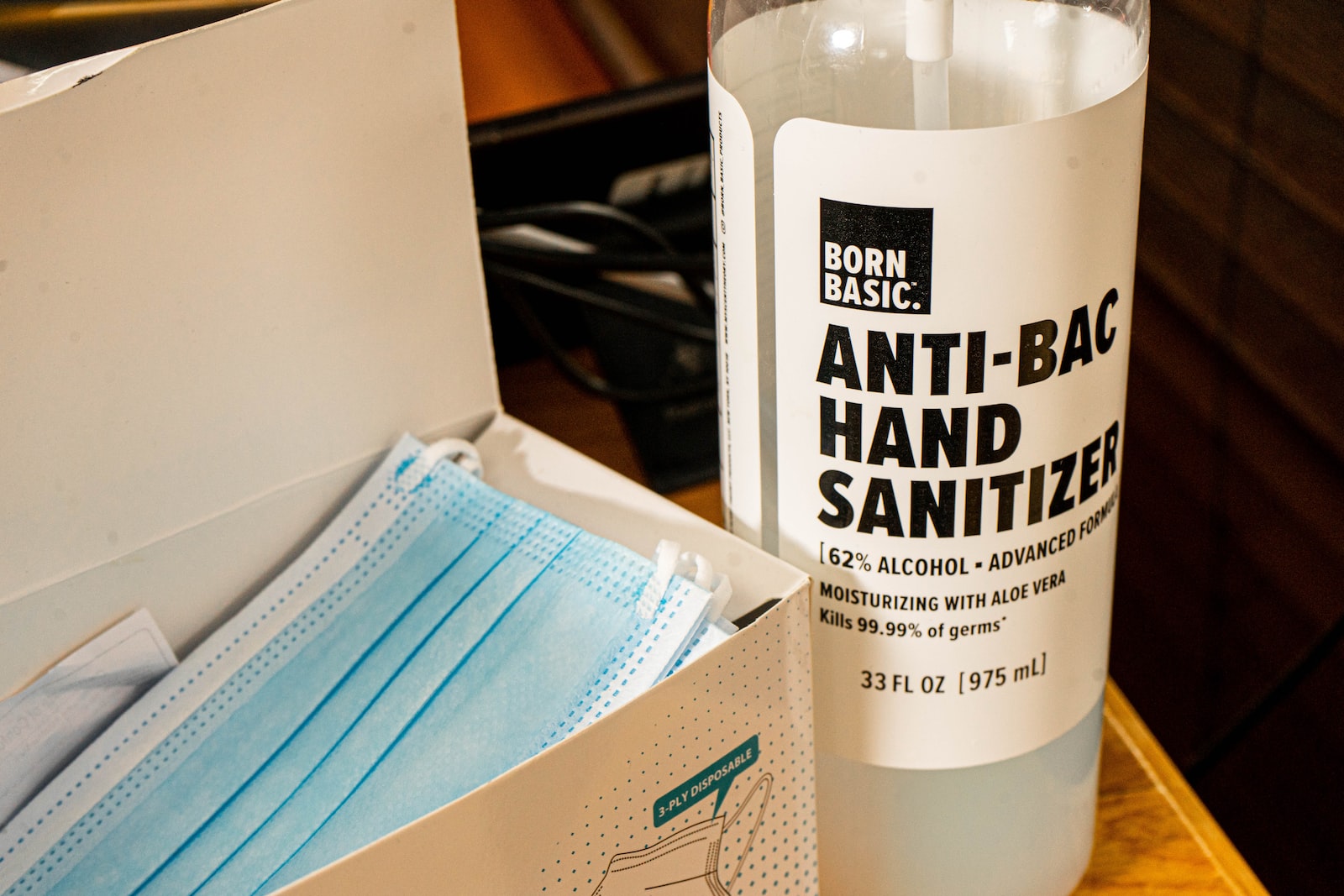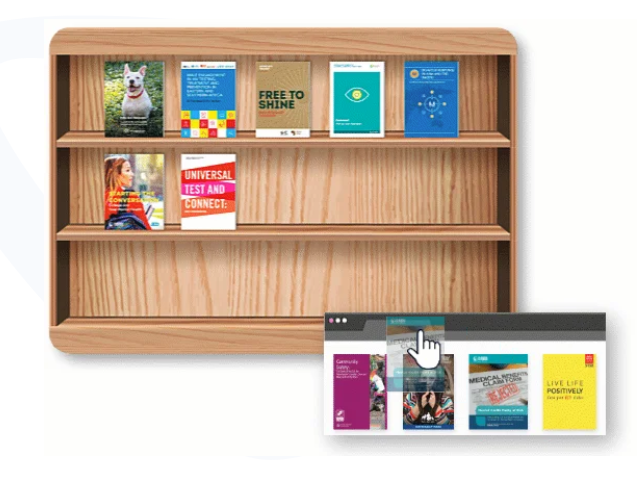How to travel safely during Covid-19
Covid-19 have greatly affected the way we travel. Now that traveling is beginning to open up again, it is important for us to stay safe during these vulnerable times. It is advised that you check the destinations websites for the latest local covid-19 restrictions.

Five questions you should ask yourself before you travel
As you think about making travel plans, consider these questions:
- Are you fully vaccinated against COVID-19? If you are not, get vaccinated. Check with local tourism sites for the latest vaccine requirements. If the vaccine requires two doses, wait two weeks after getting your second vaccine dose to travel. If the vaccine requires one dose, wait two weeks after getting the vaccine to travel. It takes time for your body to build protection after any vaccination.
- Have you had any booster doses? Although having 2 doses will provide protection against covid-19. It is recommended that you get the extra booster to increase the protection. Having all recommended COVID-19 vaccine doses, including boosters, increases your protection from serious illness.
- Serious medical conditions? Anyone can get COVID-19. But if you have certain medical conditions the effects of covid-19 may greatly increase. It is important to make note of your current medical conditions so you will be well prepared if you are infected with covid-19.
- Medical conditions among families or household members? If you happen to get infected while traveling, you can spread the COVID-19 virus to the people you live with when you return, even if you don’t have symptoms. So it is best to quarantine yourself so ensure the safely of everyone.
- Does your home or destination have requirements or restrictions for travelers? Even if you’ve had all recommended vaccine doses, you must follow local, state and federal testing and travel rules. Keep checking local news for the most up to date information.

Tips on staying safe in general
- Get vaccinated.
- Keep social distance
- Avoid contact with anyone who is sick or has symptoms.
- Avoid crowds and indoor places that have poor air flow (ventilation).
- Don’t touch frequently touched surfaces, such as handrails, elevator buttons and kiosks. If you must touch these surfaces, use hand sanitizer or wash your hands afterward. Or use a piece of tissue to act as a barrier.
- Wear a face mask in indoor public spaces. The CDC recommends wearing the most protective mask possible that you’ll wear regularly and that fits. If you are in an area with a high number of new COVID-19 cases, wear a mask in indoor public places and outdoors in crowded areas or when you’re in close contact with people who aren’t vaccinated.
- Avoid touching your eyes, nose and mouth.
- Cover coughs and sneezes.
- Clean your hands often. Be sure to wash your hands after using the bathroom, before eating, and after coughing, sneezing or blowing your nose.
- Wash your hands often with soap and water for at least 20 seconds.
- If soap and water aren’t available, use a hand sanitizer that contains at least 60% alcohol. Cover all surfaces of your hands and rub your hands together until they feel dry.
- Don’t eat or drink on public transportation. It is best to keep your mask on the whole time.

Tips on staying safe during air travel
- Travelers must wear masks during screening. However, TSA employees may ask travelers to adjust masks for identification purposes.
- Travelers should keep a distance of 6 feet apart from other travelers when possible.
- Instead of handing boarding passes to TSA officers, travelers should place passes (paper or electronic) directly on the scanner and then hold them up for inspection.
- Each traveler may have one container of hand sanitizer up to 12 ounces (about 350 milliliters) in a carry-on bag. These containers will need to be taken out for screening.
- Personal items such as keys, wallets and phones should be placed in carry-on bags instead of bins. This reduces the handling of these items during screening.
- Food items should be carried in a plastic bag and placed in a bin for screening. Separating food from carry-on bags lessens the likelihood that screeners will need to open bags for inspection.
Tips on staying safe in hotels
- Enhanced cleaning procedures
- Physical distancing recommendations indoors for people who aren’t vaccinated
- Mask-wearing and regular hand-washing
- Mask-wearing indoors for guests in public places in areas that have high cases of COVID-19
- Contactless payment

Comments (0)